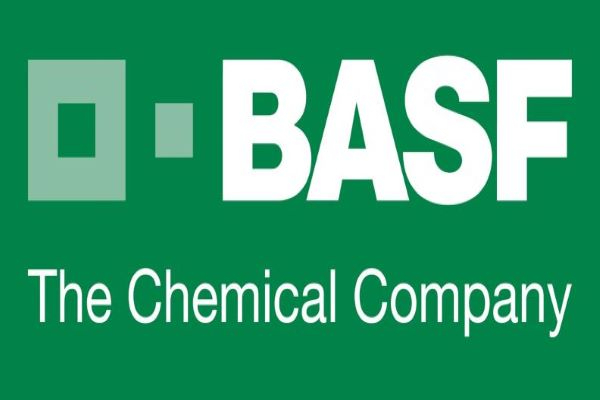Sales in the chemicals segment rose by 6 per cent compared with the prior-year quarter to reach €2.8 billion

BASF Group has reported 2Q 2024 sales at €16.1 billion, €1.2 billion below the figure of the prior-year period (€17.3 billion). Lower prices in all segments, but particularly in Surface Technologies, were the main driver of this development. Negative currency effects and minor portfolio effects contributed to the decline in sales. Slightly higher volumes had a positive impact on sales. Volume growth in the Industrial Solutions, Chemicals, Nutrition & Care and Materials segments more than compensated for the lower volumes in the Surface Technologies and Agricultural Solutions segments.
“Overall, the development of EBITDA before special items in the second quarter of 2024 was in line with our expectations and the analyst consensus. We saw a continuation of the dynamics of the first quarter, marked by positive volume momentum across most of our businesses. There was still pressure on prices,” said Dr. Markus Kamieth, Chairman of the Board of Executive Directors of BASF SE, when presenting the figures for the second quarter of 2024 together with Chief Financial Officer Dr. Dirk Elvermann.
At €2.0 billion, income from operations before depreciation, amortization and special items (EBITDA before special items) was at the level of the second quarter of 2023. This was primarily attributable to the considerable increase in earnings in the Industrial Solutions, Chemicals and Nutrition & Care segments, mainly the result of a higher contribution margin. This contrasted with a considerable decline in earnings in the Agricultural Solutions segment, mainly due to a decrease in volumes and lower prices for glufosinate-ammonium. EBITDA before special items decreased slightly in the Materials and Surface Technologies segments. EBITDA before special items attributable to Other improved considerably, mainly as a result of the release of bonus provisions. The EBITDA margin before special items was 12.1 percent, compared with 11.2 percent in the prior-year quarter.
EBITDA amounted to €1.6 billion following €1.9 billion in the prior-year period. EBITDA included special items in the amount of minus €394 million. Special charges resulted mainly from expenses for the out-of-court settlement, which does not constitute any admission of liability, in connection with the Aqueous Film Forming Foam (AFFF) multidistrict litigation in the United States as well as from restructuring measures. At €516 million, EBIT was €458 million below the figure of the prior-year quarter.
Sales in the chemicals segment rose by 6 per cent compared with the prior-year quarter to reach €2.8 billion. Compared with the prior-year period, the segment’s EBITDA before special items increased considerably to €444 million. The Petrochemicals division increased earnings, mostly driven by higher volumes. Higher fixed costs relating to the construction of the Verbund site in Zhanjiang, China, dampened earnings growth in the division. In the Intermediates division, EBITDA before special items declined considerably, especially as the result of a price-related lower contribution margin. Slightly reduced fixed costs had an offsetting effect.
Earnings per share amounted to €0.48 in the second quarter of 2024 (prior-year quarter: €0.56). Earnings per share adjusted for special items and amortization of intangible assets amounted to €0.93 (prior-year quarter: €0.72).
BASF Group outlook for 2024
The assumptions regarding the global economic environment in 2024 from the BASF Report 2023 remain unchanged:
Growth in gross domestic product: +2.3%
Growth in industrial production: +2.2%
Growth in chemical production: +2.7%
Average euro/dollar exchange rate of $1.10 per euro
Average annual oil price (Brent crude) of $80 per barrel
The BASF Group’s forecast for the 2024 business year published in the BASF Report 2023 also remains unchanged:
EBITDA before special items of between €8.0 billion and €8.6 billion
Free cash flow of between €0.1 billion and €0.6 billion
CO2 emissions of between 16.7 million metric tons and 17.7 million metric tons
Subscribe to our newsletter & stay updated.